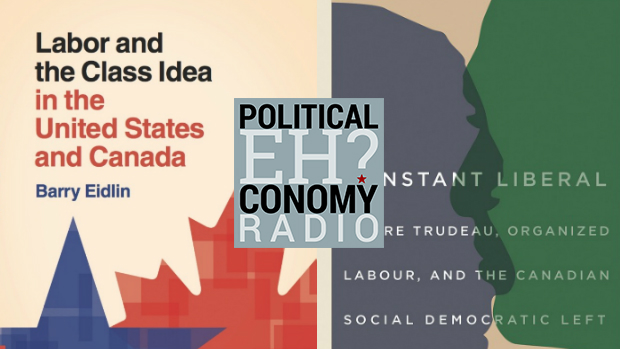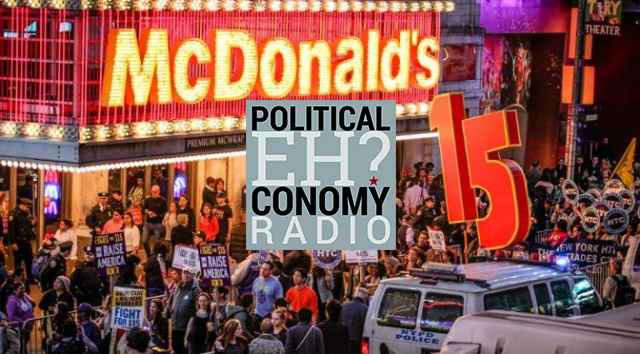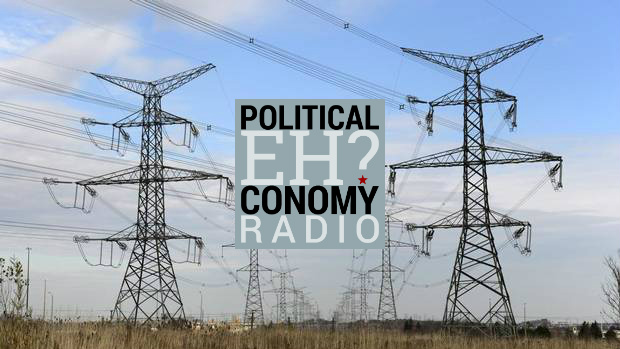Podcast: Play in new window | Download
Subscribe: Apple Podcasts | Android | Email | Google Podcasts | RSS | More
This week, two labour historians talk about their new books on Canadian and US workers’ movements in the 20th century, books which offer important and practical lessons for unions today.
First up, I speak with Barry Eidlin, Assistant Professor of Sociology at McGill University, about his just-published book, Labor and the Class Idea in the United States and Canada. The book seeks to explain the divergence between the Canadian and US labour movements since the 1960s and we discuss everything from the recent Janus decision to how the US labour law regime obscures the fundamental power imbalances in the workplace to how Canadian unions still need internal revival despite their (somewhat) better position.
Next, I talk with Christo Aivalis, Postdoctoral Fellow in History at the University of Toronto, about his book, The Constant Liberal: Pierre Elliot Trudeau, Organized Labour and the Canadian Social Democratic Left. The title speaks for itself but the relationship between Trudeau and labour foreshadows how neoliberalism would be implemented in Canada in later decades and holds lessons for how labour should orient politically as well as fight Trudeau the younger today.
As always, remember to subscribe above to get new episodes as they appear, rate the show on iTunes and donate to help keep this good thing going. Thanks!


